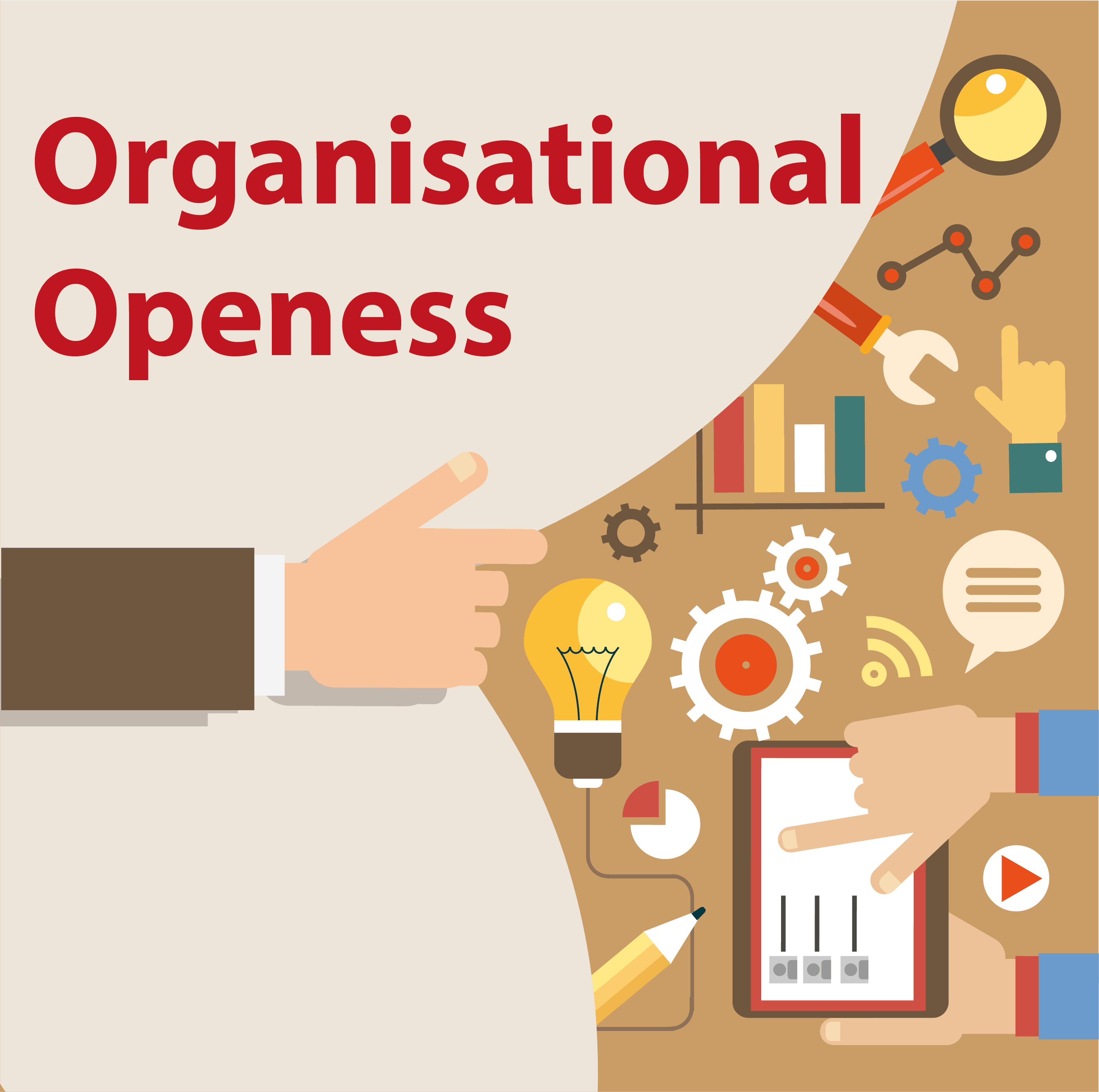- in Blog , Organisational Development , Research by David Wilkinson
- |
- 1 comments
Organisational openness and how it impacts employee performance

Organisational openness is an across organisation philosophy which emphasises transparency in all areas and free unrestricted access to knowledge and information. It also incorporates and promotes positive collaboration and cooperative management and decision-making, with an emphasis on learning as opposed to being right.
- Open organisations
- Learning and agility
- Culture
- Creativity, innovation and flexibility
- The study
- Findings
- Reference
This research briefing was sent to members in September 2017
An empirical study looking at how organisational openness impacts employee performance has made some interesting findings.
Free Research Briefs
Get research briefings, infographics, video research briefings and more
The main thrust of an open organisation is free access to content and information. This means that the managers and leaders need to be aligned with the philosophy as organisational openness applies to all decisions, and the reasons for those decisions.
A number of previous studies have found that organisational openness is a key attribute in developing a learning and agile organisation in the face of uncertainty, fast paced change and hyper-competition.
The degree with which an organisation can work in an open environment has been found to be not just a structural issue, but also a heavily cultural issue. If the culture doesn’t support openness and open decision-making, organisational agility and learning orientation or absorptive capacity is almost always restricted.
Creativity, innovation and flexibility
Additionally, organisational openness has also been strongly linked to higher levels of creativity, innovation and flexibility.
Further studies have found that organisational openness develops respect, trust, reduces risk and enhances brand. It has also been found that organisations with a more open approach tend to engage in more collaborations.
A number of studies have found that organisational openness tends to generate greater levels of individual openness to experience, a key trait for readiness for change, flexibility and lower levels of intolerance of uncertainty.
The study wanted to find out if organisational openness and employee performance are related.
The researchers tracked 91 employees across five different organisations with different levels of organisational openness.
In order to measure the impact openness has on performance they looked at the following indicators that have been shown to be associated with performance in organisations:
- Shared values and beliefs
- Self-awareness
- Responding to others
- Shared purpose
- Interpersonal relationships
- Cooperation with others
- Shared vision
- Alignment
- Contributing to others
The study found that every factor named above is significantly and positively impacted by organisational openness (as expected).
However, it was found that one factor in particular predicts whether organisational openness will have a positive impact on employee performance – co-operation with others.
The study found that organisational openness tends to foster greater levels of co-operation and that it is the level of cooperation that employees engage in in an open organisation that predicts an increase in employee performance.
Reference – available to members
Be impressively well informed

Get the very latest research intelligence briefings, video research briefings, infographics and more sent direct to you as they are published
Be the most impressively well-informed and up-to-date person around...




3commenting